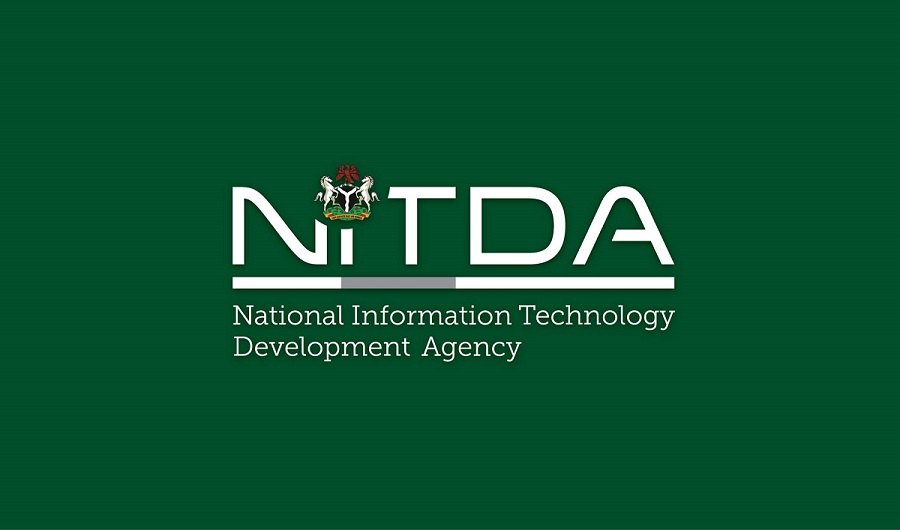The 2023 Startup Accelerator Programme, which was run by the National Information Technology Development Agency (NITDA) in collaboration with the Founder Institute (FI), has reached its successful conclusion.
Throughout the intensive 14-week accelerator programme, thirteen (13) remarkable founders showcased remarkable commitment and creativity.
What went down at the event
Attended by influential members of the tech industry, government officials, and tech enthusiasts, the ceremony highlighted the joint efforts of NITDA and Founder Institute to cultivate a thriving ecosystem for technological innovation in Nigeria.
Blockchain, AI, Robotics, Cybersecurity, e-commerce, Software, Fintech, EdTech, the Internet of Things (IoT), and biotechnology were some of the emerging technologies that the Founder Institute sought to identify and support through its virtual Accelerator Programme, which it ran in partnership with NITDA.
Thirty founders from NITDA and twenty from the Founder Institute were among the fifty who signed up for the programme when it began on October 18, 2023. There were sixteen sessions during the accelerator where participants could learn about mentoring, product development, and entrepreneurship.
Read also: NITDA bill not targeted at telecoms businesses – NITDA
Message from NITDA’s DG
Founder Institute and NITDA director general Kashifu Inuwa were both praised in his speech for their dedication to helping the new crop of innovative portfolio startup companies improve their capabilities.
In particular, he was pleased to see that the programme was in line with the administration’s refocused priorities of “Accelerating Diversification through Industrialisation, Digitisation, Creative Arts, Manufacturing and Innovation” and the “Renewed Hope Agenda” of President Bola Ahmed Tinubu. He also noted that the programme was in sync with the strategic pillars of the Federal Ministry of Communications, Innovation, and Digital Economy.
At the ceremony, Inuwa said that the government was once again demonstrating its belief in the power of digital innovation and entrepreneurship to shake up established economic fields.
Among the important benefits that the Nigeria Startup Act provides to the country’s tech ecosystem, he listed regulatory support, tax reliefs/incentives, capacity building, talent development, effective accountability, and clear governance guidelines.
In his remarks to the graduates, the DG said that it gives him great pleasure to congratulate the thirteen founders who did exceptionally well in the programme, and he sincerely admires the rigorous review phases that today’s graduates endured.
You will be well-prepared for the challenges that lie ahead thanks to the new insights that other programme participants have obtained, and they have assured you that this knowledge will remain theirs. By bolstering the development and adoption of indigenous and customised solutions for the countrywide implementation of Nigeria’s quickly growing tech innovation ecosystem, the federal government is demonstrating its understanding that digital innovation and entrepreneurship play a significant role in the fast transformation of conventional economic sectors.
The Nigeria Startup Act provides the best possible opportunities for growth, attraction, and protection of investment in tech startups and companies in Nigeria, and it promises an improved future for the country’s tech startup ecosystem. The Act adds much value to the Nigerian tech ecosystem by providing regulatory support, tax reliefs and incentives, capacity building and talent development, clear governance guidelines, and effective accountability.
He urged all relevant stakeholders to work together and take advantage of this groundbreaking legislation to diversify the economy and provide opportunities for indigenous tech innovation enterprises.
In addition, he reaffirmed NITDA’s willingness to collaborate with regional and global organisations to help talented indigenous startups overcome obstacles and create a setting that encourages innovation and growth in the technology industry.
As part of the program’s rigorous review phases, participants met for Mentor Review, Mentor Idea Review (MIR), Product Development, and Mentor Progress Review (MPR).




